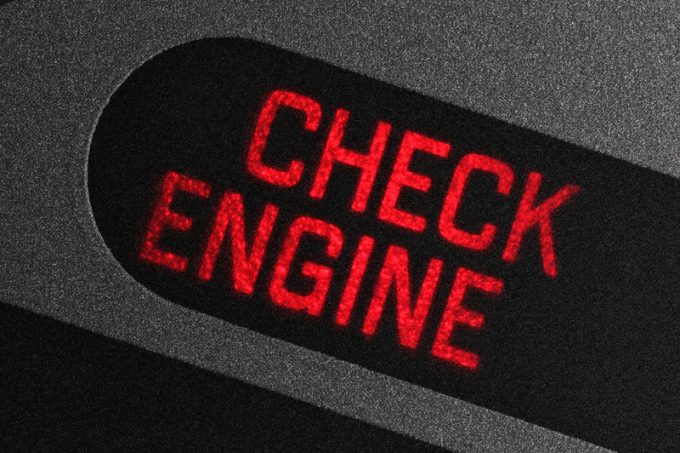Security fears drive tighter cargo manifest rules for box cargo in UAE ports
Authorities in the UAE are close to rolling out a revamped, tighter cargo manifest system ...

The risk of engine failure from using incompatible blends of new low-sulphur fuel is “keeping marine engineers awake at night”, according to a new report.
The report, from S&P Global Platts, Into the Storm says the main problem the industry has to address after the January 2020 IMO sulphur cap is how it ...

Comment on this article